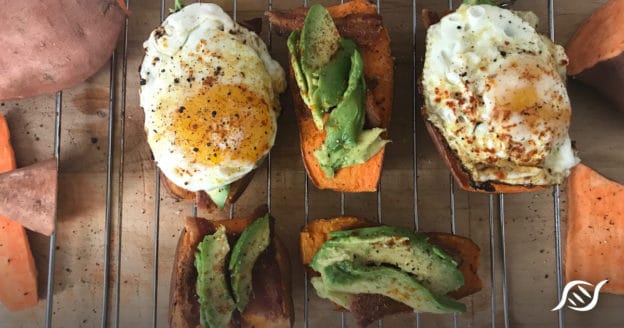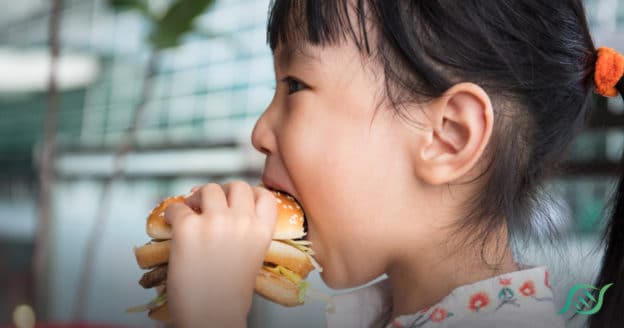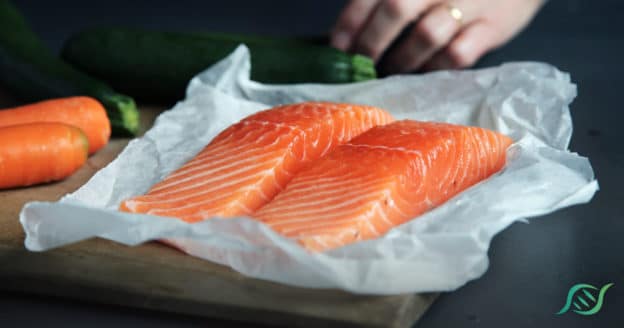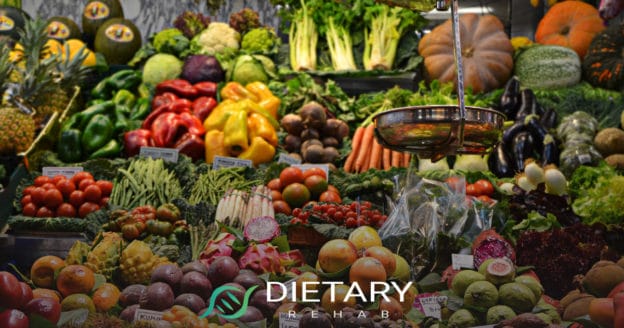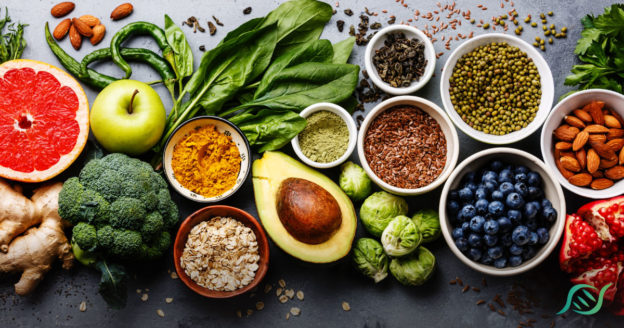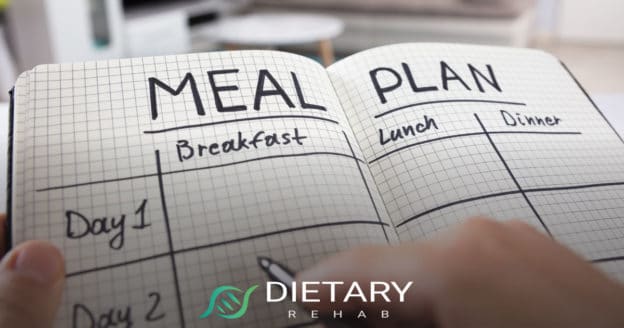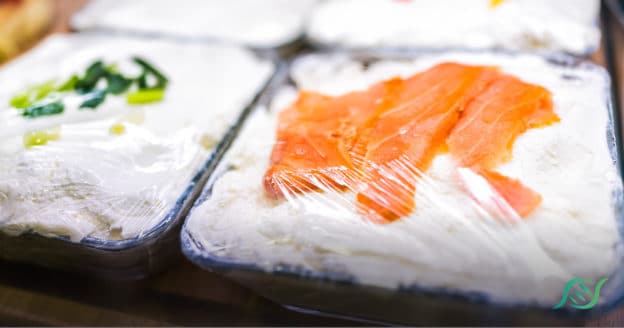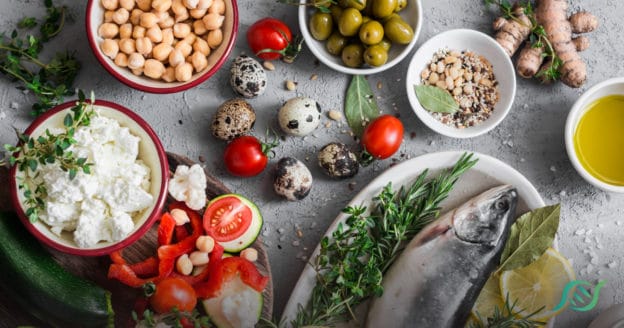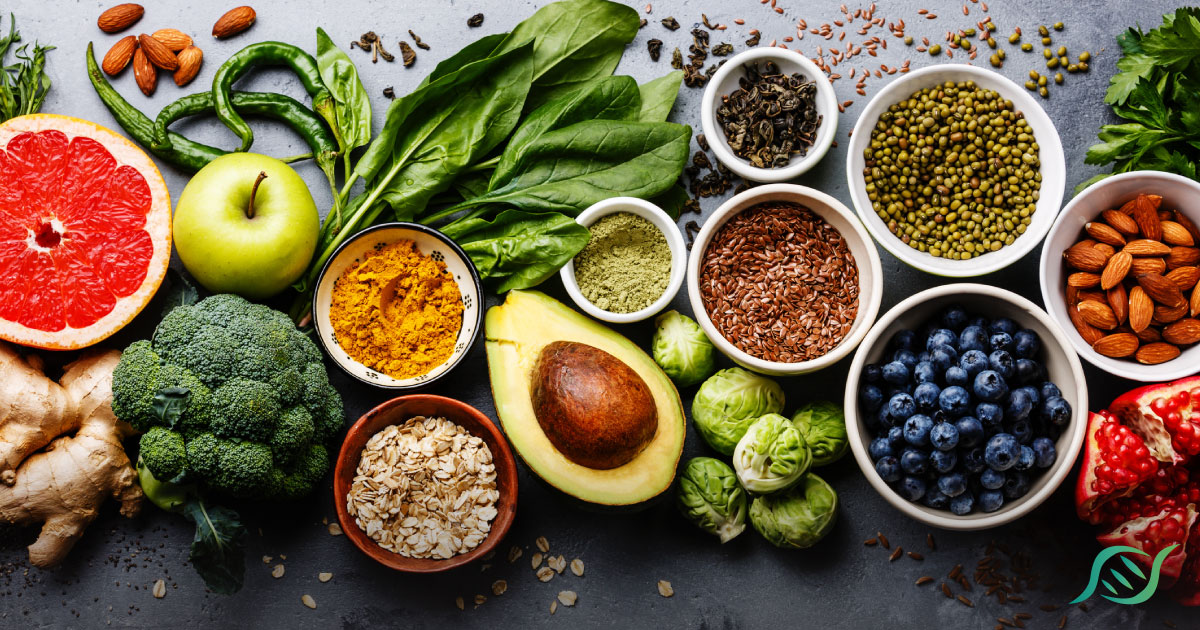
Angiogenesis is the medical term for the growth of new blood vessels. This may sound harmless or even positive at first, but when new blood vessels grow and supply blood flow to cancerous tumor cells, it can hasten tumor growth and encourage the spread of some cancers throughout the body. Small capillary blood vessels near cancerous cells can cause those cells to multiply much more quickly, thanks to the ready supply of healthy blood.
When a person has a cancerous tumor, limiting blood flow to the area may seem impossible, but proper diet can help prevent angiogenesis and reduce the amount of blood flow a tumor receives. When cancerous cells have access to a rich blood supply, they can multiply and proliferate more easily, eventually leading to rapid cancer growth in nearby parts of the body. Excessive angiogenesis also increases the risk of many other medical conditions, so developing an antiangiogenic diet early in life can help prevent a multitude of medical complications later on.
Angiogenesis Inhibitors
While certain prescription medications can inhibit angiogenesis, these substances bond signaling molecules on the surface of healthy cells. This essentially blocks cancer cells from interfering with normal cell function. There are many types of angiogenesis inhibiting medications. Some restrict blood flow, some change the ways tumors grow, some help normalize a tumor’s vasculature to improve the efficacy of chemotherapy drugs.
However, these medications treat preexisting cancers and can come with unpleasant side effects such as nosebleeds, high blood pressure, headaches, rectal hemorrhaging, back pain, and peeling of the skin. Some increase one’s risk for blood clots, heart attack and stroke. In light of these risks, many people who have an increased risk for or who have already developed early stage cancer are turning to antiangiogenic diets, focusing on prevention in hopes of avoiding the need for treatment.
Success Stories of Antiangiogenic Diets
Angiogenesis inhibitor medications only effectively treat preexisting cancers but do not do much in the way of preventing cancer. Additionally, these medications typically come at significant expense and side effects that can range in severity from unpleasant to life-threatening. For this reason, many cancer experts recommend including angiogenesis inhibitors in food as part of a healthy diet.
The story of Kathy Bero caught the attention of Harvard University cancer researchers after she claimed to defeat inflammatory breast cancer with an angiogenesis inhibitor diet and holistic therapies like reiki. Bero received a breast cancer diagnosis at the age of 41 and started to experience kidney and liver failure when she did not respond to conventional treatments.
After she suffered heart and lung damage as a side effect of chemotherapy, she resigned herself to stopping chemotherapy and letting her illness take its course so she could enjoy her remaining days without suffering the negative side effects of ineffective chemotherapy. She began a holistic home treatment regimen that included an antiangiogenic diet and reiki, a form of touch-based holistic therapy revolving around the concept of channeling energy. Twelve years later, Bero is cancer-free, and her story continues to baffle and intrigue cancer researchers all over the country.
What Food Stops Cancer? Example Meals with Angiogenesis Inhibitors
Antiangiogenic food stops cancer cell growth. In addition, they can also help prevent the development of other medical conditions: obesity, diabetic ulcers, age-related blindness, cardiovascular disease, and stroke. Some of the best anti-angiogenic foods include:
- Purple potatoes
- Leeks
- Garlic
- Green tea
- Kale
- Strawberries
- Blackberries
- Raspberries
- Walnuts
- Citrus fruits
- Pineapple
- Pumpkin
- Bok choy
- Artichokes
- Tomatoes
- Red onions
- Turmeric
- Lavender
- Ginseng
- Red wine, in moderation
- Olive oil
- Tuna
- Dark chocolate
However, this is not an exhaustive list and most foods rich in antioxidants also have antiangiogenic properties. These foods can help prevent cancer, rheumatoid arthritis, pulmonary embolism, blindness, ovarian cysts, and obesity.
There are many ways to craft a meal with antiangiogenic foods. For breakfast, granola with nuts, seeds, and berries is a great option to start the day with proteins and angiogenesis inhibitors. Add a mix of fruits and vegetables for lunch, such as a salad with dark, leafy greens and citrus fruit like orange slices or lime.
Strawberries and dark chocolate make for a delicious and decadent snack or dessert packed with antiangiogenic properties. For dinner, fish like tuna steak, grass-fed beef, or liver offers a fantastic balance of nutrients with antiangiogenic properties. Have a glass of red wine with a side of leafy greens and antiangiogenic vegetables to further boost the antiangiogenic properties of your meal.
Foods to Avoid
Avoid packaged, processed, and frozen foods as they contain many artificial ingredients, preservatives, and other potentially harmful substances. Processed foods, fast food, and foods made with artificial ingredients do not offer the nutritional value of whole foods. These are the types of foods that can actually increase the risk of developing countless negative health conditions. When buying animal products look for organic, grass-fed meats and dairy products made without hormones and antibiotics.
How Can Dietary Rehab Help?
Dietary Rehab is a best-in-class resource for nutritional support, dietary advice, and specific dietary tips for individual health conditions. Our services include dietary support to restore and preserve health. Maintaining wellness is our priority for every one of our clients. Visit Dietary Rehab online and contact us to learn more about how we can help you bring angiogenesis to the forefront of your diet.

